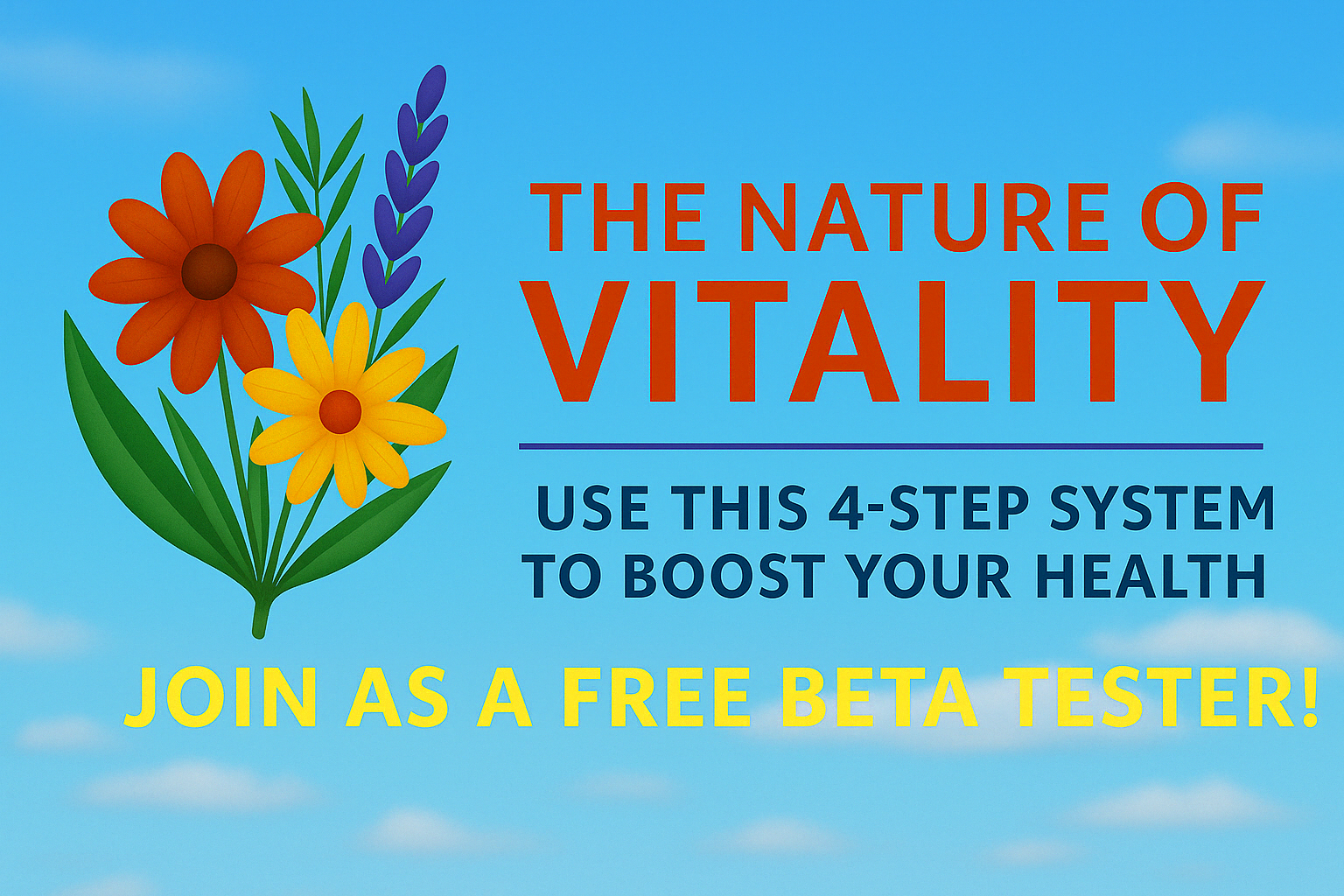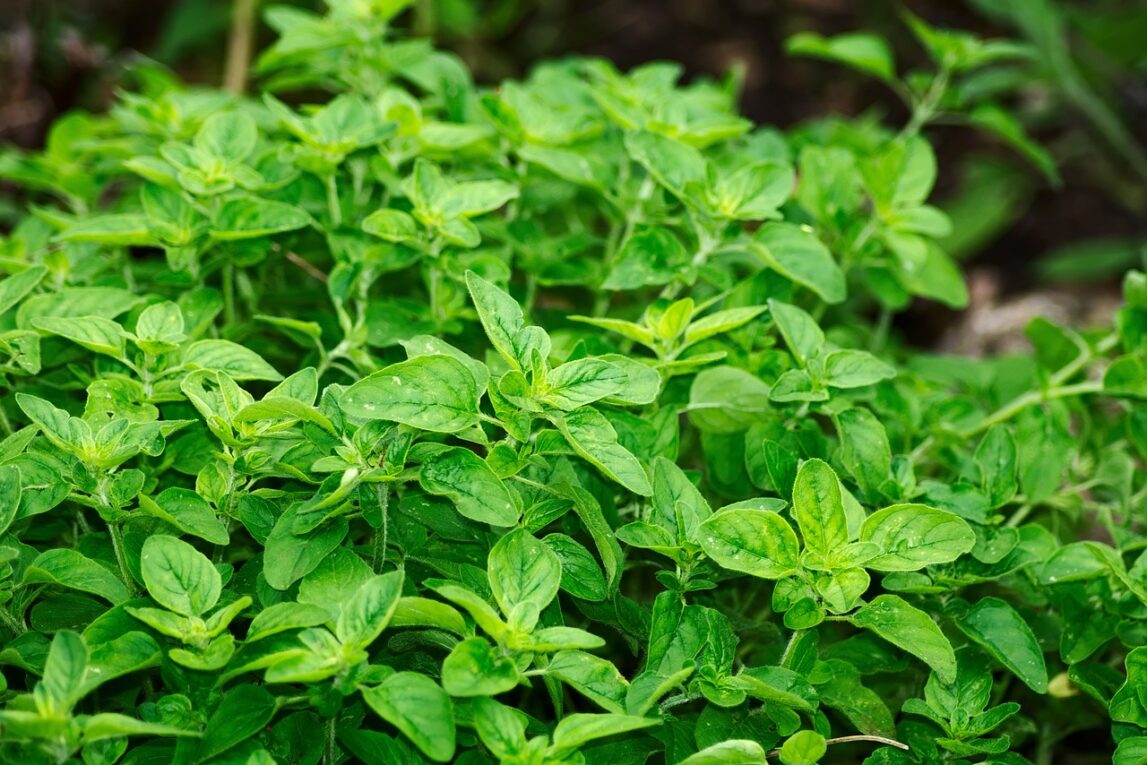Oregano, (Origanum vulgare), refers to a culinary and medicinal herb that belongs to the Mint family (Lamiaceae). The name oregano originates from the two Greek words oros and ganos. Oregano is also known by its other common name Marjoram, for which we have a separate article.
History of Oregano Use
Oregano has a long and diverse history of use that dates back thousands of years, primarily in the Mediterranean region especially Ancient Greece. From Ancient civilizations to modern times, Oregano has been used to treat a vast range of ailments, ranging from convulsions to heart failure.
In the 19th century, herbal doctors prescribed Oregano as a general well being tonic, and to promote menstruation. It continues to be cherished for its culinary and medicinal properties.
Here’s a brief overview of Oregano’s historical significance:
Ancient Greece: Oregano, known as “origanum” in Greek, was highly regarded by ancient Greek physicians and herbalists for its medicinal properties. It was used to treat various ailments, including respiratory infections, digestive issues, and skin conditions. Hippocrates, the father of Western medicine, and Dioscorides, a Greek physician and botanist, both mentioned oregano in their writings.
Culinary Use: Oregano has been a staple herb in Mediterranean cuisine for centuries. Ancient Greeks and Romans used oregano to flavor foods such as meats, fish, vegetables, and bread. It was also commonly used to enhance the flavor of olive oil and vinegar.
Symbolic and Religious Significance: Oregano was considered a symbol of joy, happiness, and abundance in ancient Greek and Roman cultures. It was often used in religious ceremonies, rituals, and festivals.
Medicinal Use: Throughout history, oregano has been valued for its medicinal properties. It was used as a natural remedy for various ailments, including coughs, colds, indigestion, and infections. In traditional medicine, oregano was brewed into teas, infused into oils, or applied topically to treat wounds and skin irritations.
Spread to Other Regions: Oregano’s popularity spread beyond the Mediterranean region over time. It was introduced to other parts of Europe and eventually to the Americas, where it became widely cultivated and used in both culinary and medicinal applications.
Modern Use: Today, oregano remains a popular herb used in cooking around the world. It is also valued for its potential health benefits, including its antimicrobial, antioxidant, and anti-inflammatory properties. Oregano essential oil is used in aromatherapy and natural health products for its therapeutic effects.
Different Varieties of Oregano
The two most common varieties of Oregano are:
Origanum vulgare: This is the most common variety used in Mediterranean and European cuisines. It has a robust flavor and is often used in savory dishes, especially in Italian and Greek cuisines.
Origanum majorana (Sweet Marjoram): Whilst similar, sweet marjoram has a milder flavor compared to common oregano and is often used in milder dishes.
Oregano Habitat
Oregano is a perennial herb which grows approximately 2 feet in height. It is able to be cultivated worldwide, but originated in the Mediterranean.
Active Ingredients in Oregano
For herbal treatments, the leaves of the oregano plants as well as the volatile oil are used for medical purposes. Dried oregano contains a multitude of constituents, including approximately 3% volatile essential oil.
In addition to the volatile oil, the other constituents include: carvacrol, thymol, borneol, rosmarinic acid, triterpenoids (ursolic and oleanolic acid), sterols, Vitamin A, Vitamin C.
Health Benefits of Oregano
Oregano offers several potential health benefits, including:
Immune Support: Oregano is rich in antioxidants, vitamins, and minerals, like vitamin C, vitamin A, and iron, which are important for supporting a healthy immune system. It contains compounds like rosmarinic acid, thymol, and carvacrol, which have antimicrobial and antiviral properties that may help the body fight off infections and strengthen the immune system.
Additionally, oregano is believed to have anti-inflammatory effects, which can help reduce inflammation and support overall immune function. Incorporating oregano into your diet, either by using fresh or dried leaves in cooking or taking oregano supplements, may help support immune health and enhance the body’s natural defenses against illnesses.
Antioxidant Properties: As mentioned above, Oregano is rich in antioxidants, which are compounds that help neutralize harmful free radicals in the body. Oregano contains compounds like rosmarinic acid and thymol, which have antioxidant properties that may help protect cells from damage caused by free radicals. Free radicals are unstable molecules that can damage cells and contribute to aging and various diseases, including cancer and heart disease.
The antioxidants found in oregano, such as rosmarinic acid and carvacrol, help protect cells from oxidative stress caused by free radicals. They may also help reduce inflammation and support overall health and well-being. Including oregano in your diet or using oregano essential oil may help boost your antioxidant intake and promote better health.
Anti-inflammatory Effects: Oregano contains several compounds with anti-inflammatory properties, such as rosmarinic acid and carvacrol. These compounds have been shown to help reduce inflammation in the body by inhibiting the activity of certain enzymes and molecules involved in the inflammatory process.
By reducing inflammation, oregano may help alleviate symptoms associated with inflammatory conditions like arthritis, asthma, and inflammatory bowel diseases. Additionally, oregano’s anti-inflammatory effects may contribute to its overall health benefits, including its potential to support immune function and promote cardiovascular health. Incorporating oregano into your diet or using oregano essential oil may help harness its anti-inflammatory properties and promote better health and well-being.
Antibacterial and Anti-fungal Activity: Oregano contains compounds like carvacrol and thymol, which have been shown to have antibacterial and antifungal properties. These properties may help fight off harmful bacteria and fungi in the body.
Clinical studies have shown oregano to be extremely effective in inhibiting the growth of Candida albicans, which is the cause of chronic candida (Thrush) infections. Additional clinical studies demonstrate that oregano oil has anti-microbial properties against a large array of bacteria including Escherichia coli, Klebsiella pneumoniae, Salmonella enterica and Staphylococcus aureus.
Digestive Health: Oregano can also be used to treat indigestion, heartburn, and low stomach acidity, by reducing gas in the stomach as well as soothing a churning stomach. Oregano may help support digestive health by promoting the secretion of digestive enzymes and bile, which can aid in the digestion of food.
Potential Anti-Cancer Properties: Some research suggests that the compounds found in oregano may have anti-cancer properties, although more studies are needed to fully understand this potential benefit. Oregano contains several bioactive compounds, including rosmarinic acid and carvacrol, which have shown potential anti-cancer effects in laboratory studies.
These compounds may inhibit the growth of cancer cells, induce apoptosis (programmed cell death) in cancer cells, and suppress the formation of new blood vessels that tumors need to grow (anti-angiogenesis). However, clinical studies in humans are limited, and further research is necessary to determine the specific effects of oregano on cancer prevention and treatment.
It’s essential to consult with a healthcare professional for personalized advice and treatment options if you are concerned about cancer.
How to Take Oregano
Oregano Tea
Oregano can be administered in a variety of ways to obtain its beneficial effects. A common way is by making a tea with fresh or dried oregano. Approximately 1 to 2 teaspoons (5 to 10 grams), should be steeped in hot water for approximately 10 minutes. The recommended dosage of this tea is to drink up to three cups daily.
Oregano Oil
Oregano oil can be applied topically for treatment of microbial and fungal infections, such as Athlete’s Foot and Ringworm. The oil needs to be diluted by 50% or more prior to application and it can be applied twice daily. The oil should not be used internally as this has not been studied from a safety aspect.
Oregano Herb
Dried Oregano can be added to food as a herb to provide both taste and health benefits to savoury culinary recipes.
Oregano Tablets and Capsules
Oregano can be taken as tablets, enteric coated tablets or capsules, which can be purchased from herbal supplement stores or online. Oregano capsules and tablets will disintegrate in the stomach, whilst enteric coated tablets will disintegrate in the intestines.
Always take care when taking herbs and Read Our Disclaimer.
Oregano Herb Notes / Side Effects
Oregano leaf has been greatly studied and shown to be an extremely safe herbal supplement with no known risks per the German Commission E and American Herbal Products Association. Neither of these associations had any information listed on the safety of oregano volatile oil. Clinical studies have not been conducted using oregano oil.
There is a concern for using this oil internally due to the fact that it is naturally highly concentrated. The use of volatile oils in general is frowned upon during anytime of a woman’s pregnancy, since the oil may reach the baby.
The oil can be used topically, but must be diluted because it can be mildly irritating to skin. The oil is also a potent irritant to mucus membranes in the body. Thus, this oil should not be applied to any mucus membranes. Anyone with damaged or sensitive skin, as well as children under two years old, should not use oregano oil topically on the skin.
It’s worth noting that while oregano may offer these potential health benefits, more research is needed to fully understand its effects on human health. Additionally, oregano is often consumed in small amounts as a seasoning in cooking, so its health benefits may be best obtained as part of a balanced diet.



Leave a Reply